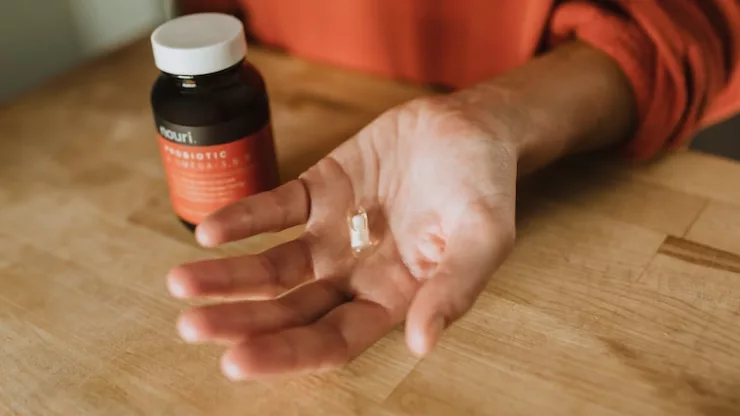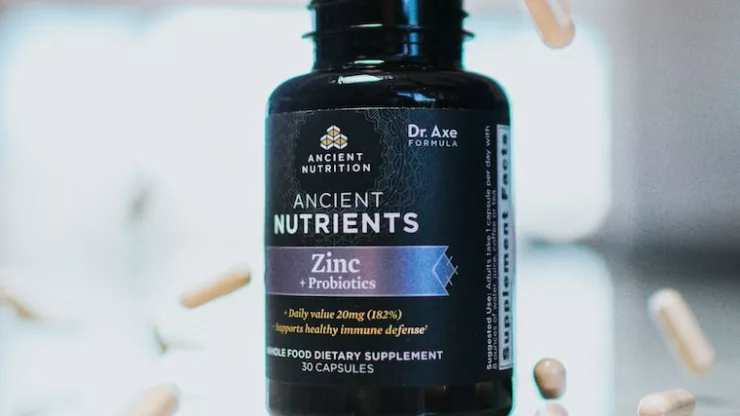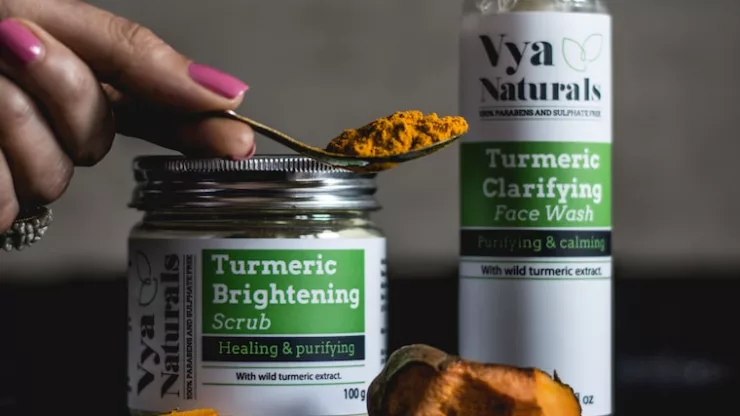Supplements play a crucial role in maintaining a healthy body. They help fill gaps in our nutrient intake and support overall wellbeing.
For people with oxalate intolerance, supplements can be especially important in managing their symptoms.
In this article, we’ll break down the seven best supplements for oxalate intolerance and provide tips on how to choose the right one for you.
Jump to Section
Introduction
What is oxalate intolerance?
Oxalates are naturally occurring molecules found in many foods. They can bind with calcium, forming crystals that can cause pain and inflammation in the body.
Oxalate intolerance occurs when the body has difficulty metabolizing oxalates. This can cause a buildup of oxalates in the body, leading to a host of symptoms.
Symptoms of oxalate intolerance
Symptoms of oxalate intolerance can vary from person to person and can include kidney stones, joint pain, digestive issues, and more. If you’re experiencing any of these symptoms, it’s important to consult with a healthcare professional.
The 7 Best Supplements for Oxalate Intolerance
Calcium
Calcium is essential for bone health and can also help prevent the absorption of oxalates in the body. It’s important to note that too much calcium can actually increase the risk of kidney stones, so it’s important to speak with a healthcare professional before starting a new supplement regimen.
| Supplement | Dosage | Best For |
|---|---|---|
| Calcium citrate | 1000-1200mg/day | Reducing oxalate absorption, preventing kidney stones |
Vitamin B6
Vitamin B6 is important for a healthy metabolism and can help break down oxalates in the body.
| Supplement | Dosage | Best For |
|---|---|---|
| Vitamin B6 | 100-200mg/day | Breaking down oxalates in the body |
Magnesium
Magnesium is important for muscle and nerve function and can also help prevent the absorption of oxalates in the body.
| Supplement | Dosage | Best For |
|---|---|---|
| Magnesium citrate | 200-400mg/day | Reducing oxalate absorption, supporting muscle and nerve function |
Probiotics
Probiotics can help support gut health and promote the growth of beneficial bacteria in the gut. This can be especially important for people with oxalate intolerance, as gut health can play a role in oxalate metabolism.
| Supplement | Dosage | Best For |
|---|---|---|
| Probiotics | 10-15 billion CFUs/day | Supporting gut health, promoting beneficial bacteria |
Vitamin E
Vitamin E is important for immune function and can also help prevent the absorption of oxalates in the body.
| Supplement | Dosage | Best For |
|---|---|---|
| Vitamin E | 400-800 IU/day | Reducing oxalate absorption, supporting immune function |
Vitamin K
Vitamin K is important for bone health and can also help prevent the absorption of oxalates in the body.
| Supplement | Dosage | Best For |
|---|---|---|
| Vitamin K | 50-100mcg/day | Reducing oxalate absorption, supporting bone health |
How to Choose the Right Supplement for You
Consult with a healthcare professional
Before starting any new supplement regimen, it’s important to consult with a healthcare professional. They can help you determine which supplements are right for you and ensure that you’re taking the correct dosage.
Consider individual needs and intolerances
Everyone’s body is different, so it’s important to consider your individual needs and intolerances when choosing a supplement. For example, if you’re lactose intolerant, you may need to choose a calcium supplement that’s not derived from dairy.
Look for high-quality supplements
It’s important to choose supplements that are high-quality and free from contaminants. Look for supplements that are third-party tested and certified by organizations like NSF International or USP.
Conclusion
The Importance of Supplements for Oxalate Intolerance
Supplements can be an important tool for managing the symptoms of oxalate intolerance. The seven supplements listed above can help support overall health and reduce the absorption of oxalates in the body.
Consulting with a Healthcare Professional
Before starting any new supplement regimen, it’s important to consult with a healthcare professional. They can help you determine which supplements are right for you and ensure that you’re taking the correct dosage.
Final Thoughts on Managing Oxalate Intolerance with Supplements
While supplements can be helpful in managing the symptoms of oxalate intolerance, it’s important to also focus on a well-rounded diet that’s low in oxalates. By combining the right supplements with a healthy diet and lifestyle, you can help support overall health and reduce the symptoms of oxalate intolerance.
FAQ
What foods should I avoid if I have oxalate intolerance?
Foods high in oxalates should be avoided if you have oxalate intolerance. This includes foods like spinach, rhubarb, beets, nuts, and chocolate.
Can supplements alone cure oxalate intolerance?
No, there is no cure for oxalate intolerance. However, supplements can be helpful in managing symptoms and reducing the absorption of oxalates in the body.
Can I take all seven of these supplements together?
It’s important to speak with a healthcare professional before starting any new supplement regimen. They can help you determine which supplements are right for you and ensure that you’re taking the correct dosage.

With a deep passion for personal development, Ben has dedicated his career to inspiring and guiding others on their journey towards self-improvement.
His love for learning and sharing knowledge about personal growth strategies, mindfulness, and goal-setting principles has led him to create My Virtual Life Coach.
Contact Ben at [email protected] for assistance.




